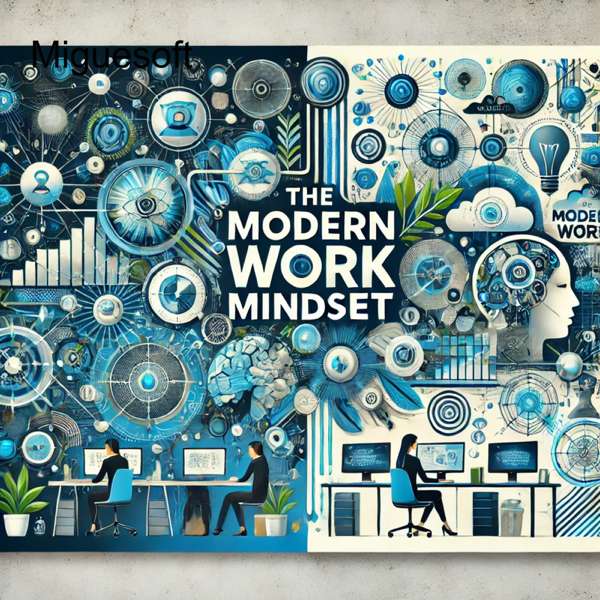Outsourcing may mean bigger profits for companies seeking cheaper ways to produce goods and services, but it’s not all good news for the host countries.
For the countries in the South that welcome the factories of companies from the wealthier North, outsourcing comes with environmental costs.
The People’s Republic of China, considered the world’s factory, is an example. Since China joined the World Trade Organization in 2001, there has been an influx of companies moving their factories to the East Asian country. Attracted by the prospects of lower production costs and cheap labor, companies from the North outsourced production of garments, apparel, toys, footwear, tools, light machinery, electronics, and information technology products, among others, to China.
But producing huge amounts of such goods has damaged China’s air, water, and soil, triggering deforestation, desertification, and global warming, while seriously endangering public health. The damage to China’s environment was estimated at $230 billion in 2010, or 3.5% of the nation’s gross domestic product—three times the damage in 2004.
India, another country that welcomes outsourcing, has also seen similar damage to its environment. Industrial pollution has caused acid rain, damaging buildings, degrading the environment, and reducing crop yields. Wheat fields near a power plant produced 49% less than those 22 kilometers
Read the transcript
https://bit.ly/2oHcAHp
Read the post on ADBI’s blog
https://www.asiapathways-adbi.org/2017/12/international-outsourcing-environmental-costs-and-welfare/
About the authors
Jai-Young Choi is a professor at the Department of Economics and Finance, Lamar University, Texas.
Eden S. H. Yu is vice president and chair professor at the College of Business of Chu-Hai College of Higher Education in Tuen Mun, Hong Kong, China.
Know more about ADBI’s work
https://bit.ly/2oF1PFo
https://bit.ly/2kcLIzH
https://bit.ly/2ojI31O
https://bit.ly/2wp9hZq

 Our TOPPODCAST Picks
Our TOPPODCAST Picks  Stay Connected
Stay Connected







